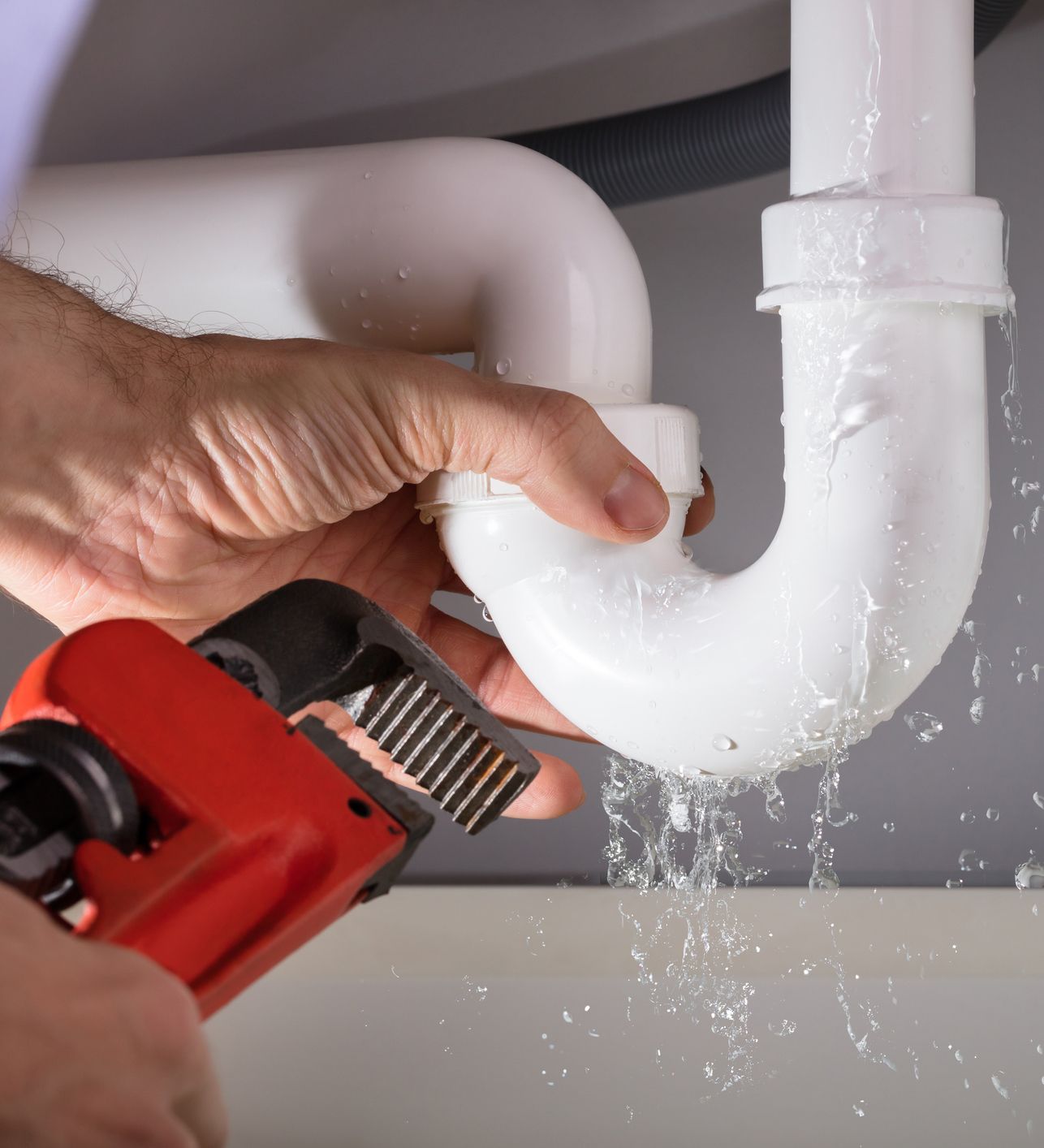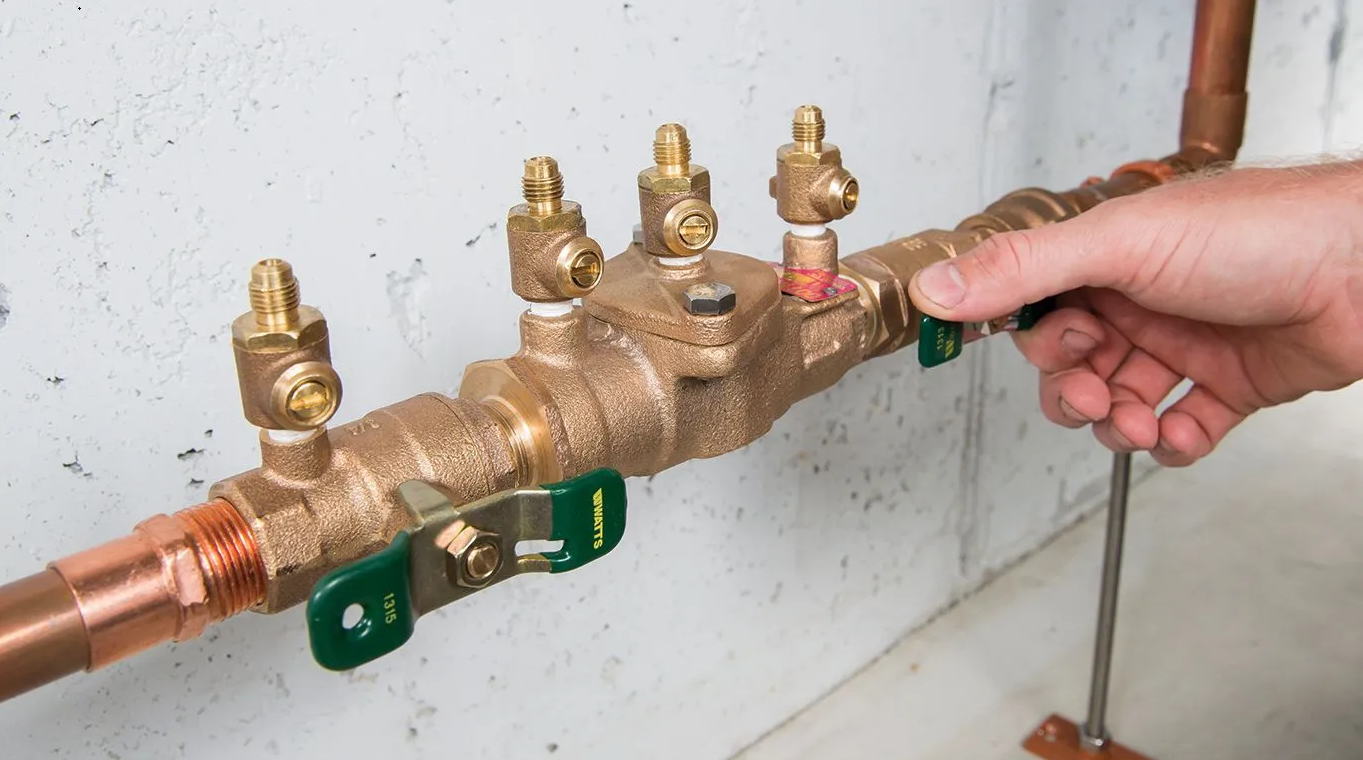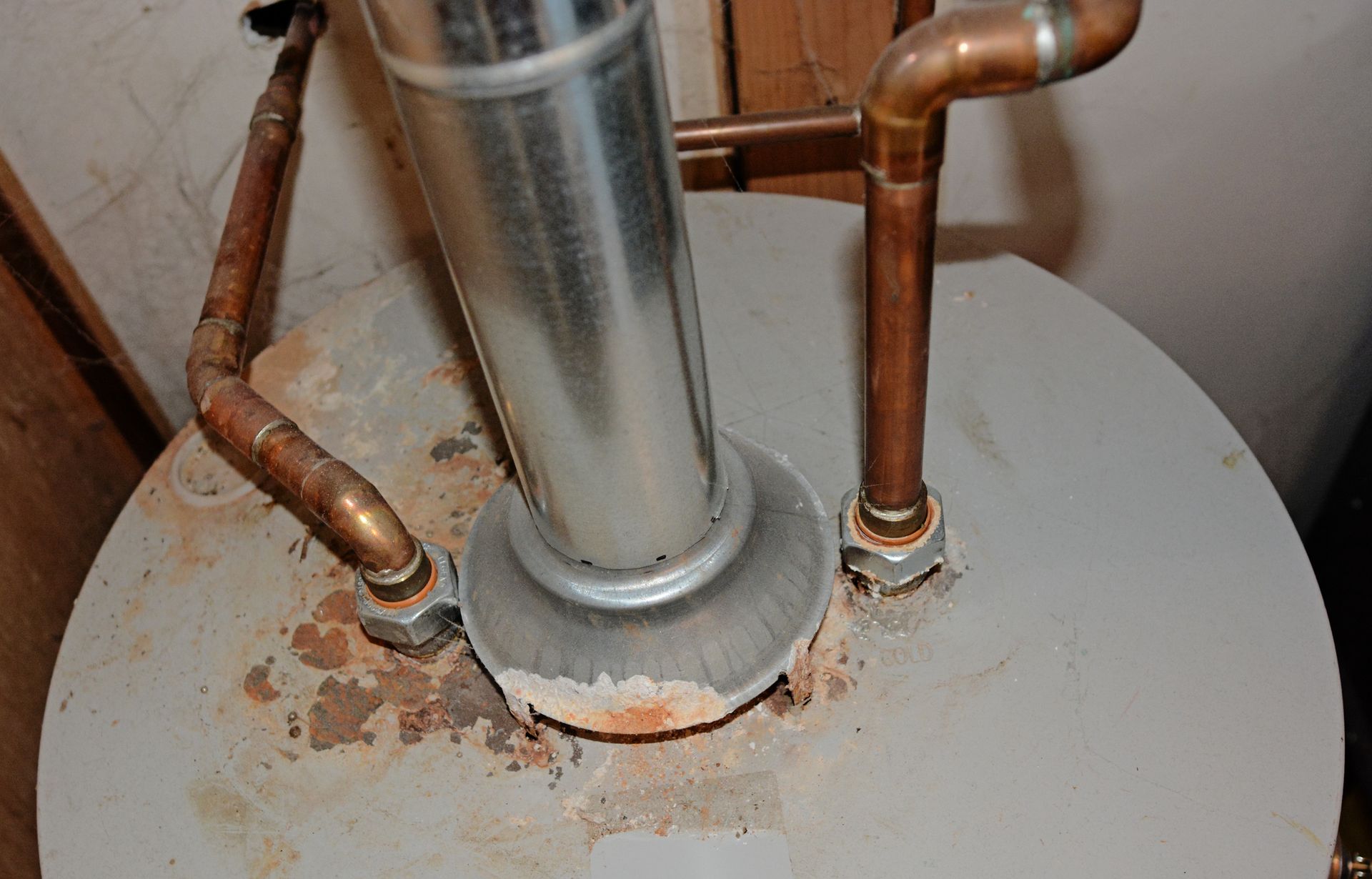Water Heaters: Tank Vs. Tankless
For every shower, clean dish, or fresh shirt, you need hot water. Without it, cleaning might not be as effective, and showers can be painfully chilly. But while a water heater benefits every house, it can sometimes be difficult to find the right water heater for your needs.
Today, tankless water heaters are available, giving the average homeowner an alternative to the traditional tank water heater. But how does this tankless option compare to a tank water heater? To learn more about the pros and cons of each water heater, keep reading. We’ll discuss how they’re different and how they’ll affect your home life and wallet.
Tank Water Heaters
With traditional water heaters, a large tank fills with water and heats it up. When you use some of the water, the tank refills and continues to heat to make up for the lost water.
Pros
Traditional water heaters are used in plenty of homes across the country, and despite being an older technology, they still have their advantages:
- Reasonable repairs and maintenance. If something should go wrong with your tank water heater, the maintenance and repairs are fairly inexpensive compared to tankless water heaters.
- More affordable installation. Out of the two water heaters, tank water heaters can cost less to install.
- Easy installation. While tank water heaters are easy to install, they also have fewer limitations as to where they can be placed. They don’t always require electricity, so as long as they get enough fuel, they’ll operate smoothly just about anywhere in your utility room, basement, garage or another suitable place.
You might decide that with these benefits, a tank water heater is best for your home.
Cons
However, like any appliance, tank water heaters have their downsides too. But, depending on the size of your family and home, some of these may not be much of a nuisance as all:
- Large in size. Tank water heaters are rather bulky, so if you don’t already have a place for one, it can be difficult to locate a suitable space. Or, even if you do have an area for it, it can take up prime space in your garage or closet.
- Short life span. When the two water heaters are set side by side, tank water heaters may not last as long. On average, they last about 10 to 15 years, and then they’ll need to be replaced.
- Costly utility bills. Because these water heaters constantly keep water hot, they use up quite a bit of fuel to maintain the same temperature. Compared to tankless water heaters, this option results in more expensive utility bills.
- Limited hot water supply. Water heater tanks only hold so much water at a time, and it takes a while for it to fill up again. So, if everyone in your family takes a lengthy shower, the last person might get a spray of icy cold water.
If these downsides are too much for you, consider a tankless water heater instead.
Tankless Water Heaters
Tankless water heaters heat water on demand by heating the water as it flows through the heater. For instance, some tankless water heaters heat two or three gallons of water per minute at a constant rate.
Pros
The setup and operation of a tankless water heater allows a few helpful benefits, and you may find that these suit your situation better than your tank water heater.
- Small size. Unlike tank water heaters, tankless water heaters don’t constantly hold water. As a result, these water heaters are quite a bit smaller, so they can fit in slimmer areas.
- Requires minimal maintenance. Tankless water heaters don’t need a ton of work or repairs over the years, so you don’t have to worry too much about them breaking or slowing down. Annual flushing/descaling is recommended.
- Long-lasting operation. Despite not needing a ton of maintenance, tankless water heaters do have a longer life span than tank systems. These can last over two decades, so you can rest assured your water heater will last for some time.
- Constant hot water. With tankless water systems, you don’t have to worry about running out of water. Since water runs directly through the water heater and heats instantly, you can count on getting hot water whenever you need it.
- Lower utility bills.
Because tankless water systems only work on demand, you’ll use less energy on a regular basis, and you won’t have to pay as much for monthly utilities.
If these benefits are what you’re looking for, a tankless water heater is a great option.
Cons
This newer technology also has its disadvantages in regards to your wallet. Depending on your finances, tankless water heaters may not be the best option.
- Expensive installation. While tankless water heaters can be more inexpensive in the long run, they cost quite a bit more to install than their tank counterparts.
- Limited installation locations. Tankless water heaters need to be in close proximity to a power source, and this can complicate the installation a bit. You may need a little bit of electrical work done to accommodate the water heater placement.
- Costly repairs and maintenance. If something does go wrong with your water heater, it can be an expensive affair. Be sure you’re prepared for the expense just in case.
If your primary concern is the amount of money a new water heater will cost, tankless might not be a great option for you.
When you’re trying to decide between tank and tankless water heaters, use the information above. But if you’re still having trouble, speak to Jim Dhamer Plumbing and Sewer, Inc. We can help you find the best fit for your home or business, and once you make a decision, we’ll professionally install the water heater for you.
The post Water Heaters: Tank Vs. Tankless appeared first on .
Leave A Reply
More Posts









